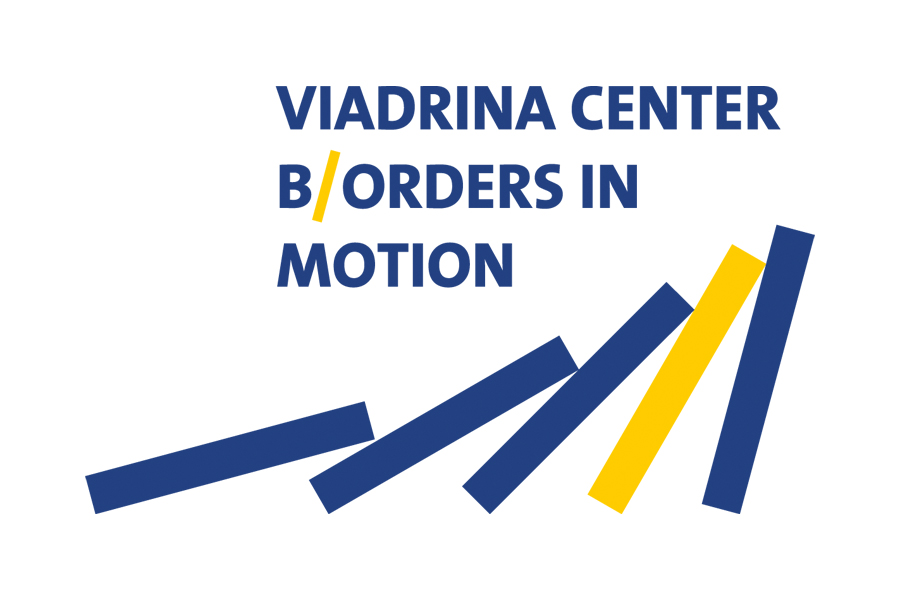Boundary Management in Triadically Structured Negotiation Processes
text
Project lead:
- Prof. Dr Lars Kirchhoff (Scientific Director of the Institute for Conflict Management, EUV)
- Dr Anne Isabel Kraus (Co-Director of the Centre for Peace Mediation, EUV)
- Prof. Dr Jürgen Neyer (Professorship holder, European and International Politics, EUV)
- Prof. Dr Albrecht Söllner (Professorship holder, General Business Administration, in particular International Management, EUV)
Research team:
- Yevgen Bogodistov
- Imke Kerber
Cooperation partners:
- Dr Simon Mason (Head of the Mediation Support Team of the Center for Security Studies, Swiss Federal Institute of Technology Zurich)
- Prof. Philip Spencer (Director of the Helen Bamber Centre for the Study of Rights, Conflict and Mass Violence and Associate Dean of Faculty of Arts and Social Sciences, Kingston University London)
Funding institution:
European University Viadrina
Project duration:
January 2014 - December 2016
Publications:
- Tatiana Kyselova/ Anne Isabel Kraus/ Lars Kirchhoff/ Julia von Dobeneck: Track III Dialogues in Ukraine: Full Research Report, Kiew/ Frankfurt (Oder): Center for Peace Mediation 2017.
- Center for Peace Mediation/ Initiative Mediation Support Deutschland/ Auswärtiges Amt (Hg.): Fact Sheet.5: Normativer Bezugsrahmen und völkerrechtliche Grundlagen der Friedensmediation, Auswärtiges Amt 2017.
- Lars Kirchhoff: Politische Mediation: Triadische Aushandlungsprozesse in und zwischen Gesellschaften, in: Kontext, 46(4), 2015, S. 404-411.
Project description
Background
There are a number of conflicts that cannot be satisfactorily resolved through bilateral/multilateral negotiations, rule of law procedures and military interventions. These can be, for example, conflicts between states, conflicts between states and other actors (such as investors) or conflicts between interest groups within a state (e.g. political and ethnic groups). Triadically structured negotiation processes, in which third parties mediate between conflicting parties and other stakeholders, are therefore popular in many of the areas of conflict mentioned.
Subject matter
With this in mind, the research project focusses on the actions of third parties in the context of peace processes, investor-state disputes and inclusion policies. In such negotiation processes, we have observed that third parties are confronted with various dimensions of boundaries that limit the scope of their influence. These boundaries and scopes - B/Orders in Motion - are constantly renegotiated or updated in dynamic interaction processes, so that they are mutually constituted and (re)organised. The following boundaries are particularly relevant:
A) Cognitive boundaries: The respective frames of perception, experience, explanation and evaluation of the actors involved and affected (including third parties), whose intersections define the space of agreements perceived as possible and acceptable.
B) Normative boundaries: social, legal, moral, ethical norms and rules or behavioural expectations of all involved and affected actors that third parties do not want to, should not or may not exceed in order to maintain their acceptability.
C) Methodological limits: Limitations in the capabilities, techniques and tools of third parties due to which third parties cannot overcome obstacles in the course of the process (including those of a cognitive and normative nature).
Research does not yet offer sufficiently empirically and theoretically sound findings on the extent to which and how third parties can explore and, at best, increase their room for manoeuvre with regard to these three types of boundaries.
Question posed
This leads to the overarching research question, which is analysed from various disciplinary perspectives: How can third parties act at borders in such a way that 'good' happens?
Research practice
The project brings together research from peace and conflict studies, law, philosophy, political science and economics on third party mediation in different contexts of action. As a transdisciplinary axis, common categories for analysing borders are being developed. In order to increase the connectivity between the sub-projects and the fields of action being researched, the basic assumptions, guiding values, objectives and the resulting practical research implications of each sub-project will be reflected upon together (e.g. how do we explain, evaluate and address the approaches of third parties that consciously accept costs for excluded actors?
